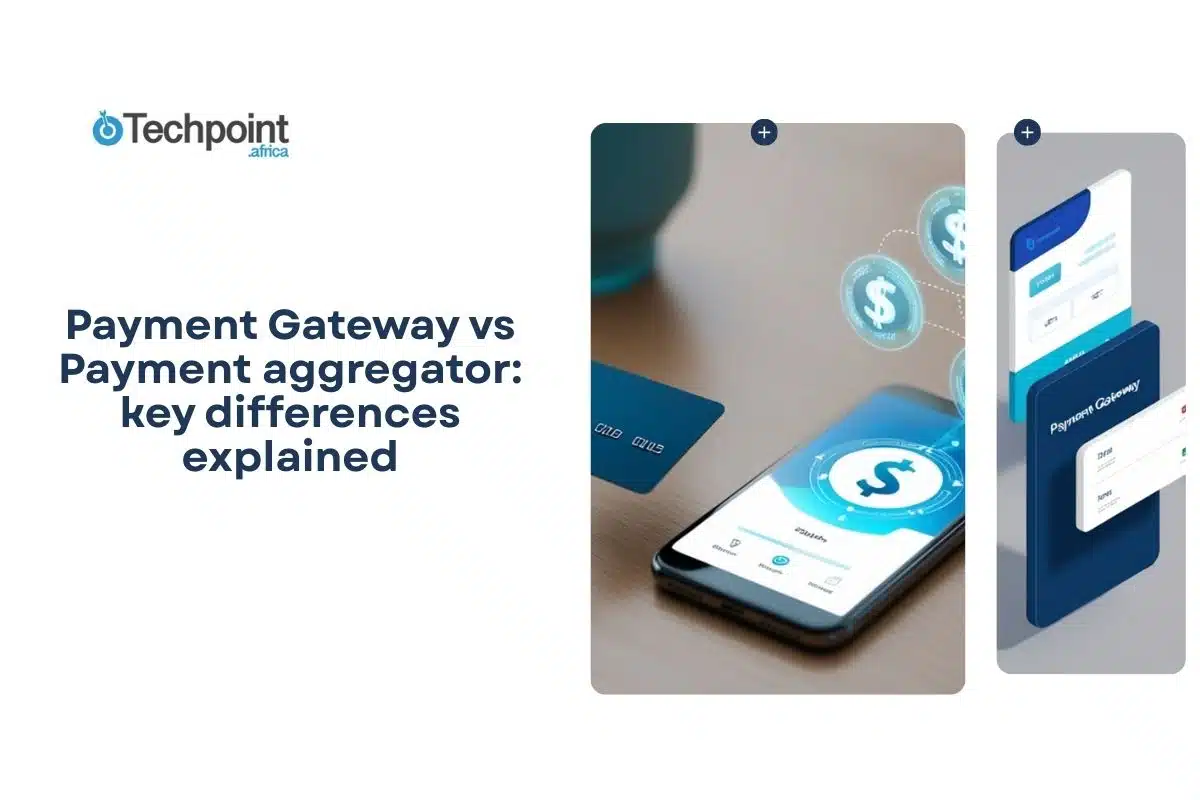The Bank of Ghana (BoG) has suspended the remittance partnerships of eight companies — five Money Transfer Operators (MTOs) and three Payment Service Providers (PSPs). The affected entities include Flutterwave, Cellulant Ghana, Tap Tap Send, Afriex, Halges Financial Technologies, Top Connect, Remit Choice, and Send App.
According to the BoG, the suspensions stem from violations of the Updated Guidelines for Inward Remittance Services by Payment Service Providers, 2023. Specifically, Flutterwave and Cellulant Ghana were cited for breaching Paragraphs 5 and 7.1–7.3 of the Guidelines.
Paragraph 5 outlines the application requirements for Dedicated Electronic Money Issuers and (DEMI) Enhanced PSPs seeking to offer remittance services. Paragraph 7 details the operational modalities under which these services must be carried out.
The suspensions take effect from Thursday, September 18, 2025, and will last for one month. However, Halges Financial Technologies faces an indefinite suspension and is barred from providing remittance services until it obtains fresh approval from the BoG.
“Any bank or MTO seeking to engage the affected PSPs for remittance services in the future must re-apply for approval after the suspension period has lapsed,” the Bank said in a statement.
The suspensions aren’t limited to the PSPs and MTOs alone. United Bank for Africa (UBA) Ghana Limited, which acted as the settlement bank for the affected companies, has also had its foreign exchange trading licence suspended for one month, effective the same date.
This enforcement reflects a broader tightening of oversight by the BoG in response to recurring compliance failures.
Recent directives require all DEMIs, PSPs, and banks to submit weekly transaction-level reports, including daily logs and FX inflows, under the Payment Systems and Services Act and Banks and SDIs Act.
Authorities have also flagged frequent misuse of unapproved remittance channels, unauthorised FX swaps, and irregular exchange rates as systemic threats to transparency.

Victoria Fakiya – Senior Writer
Techpoint Digest
Stop struggling to find your tech career path
Discover in-demand tech skills and build a standout portfolio in this FREE 5-day email course
While these measures are likely to increase compliance costs, they also offer a more dependable and transparent remittance ecosystem for the country.










